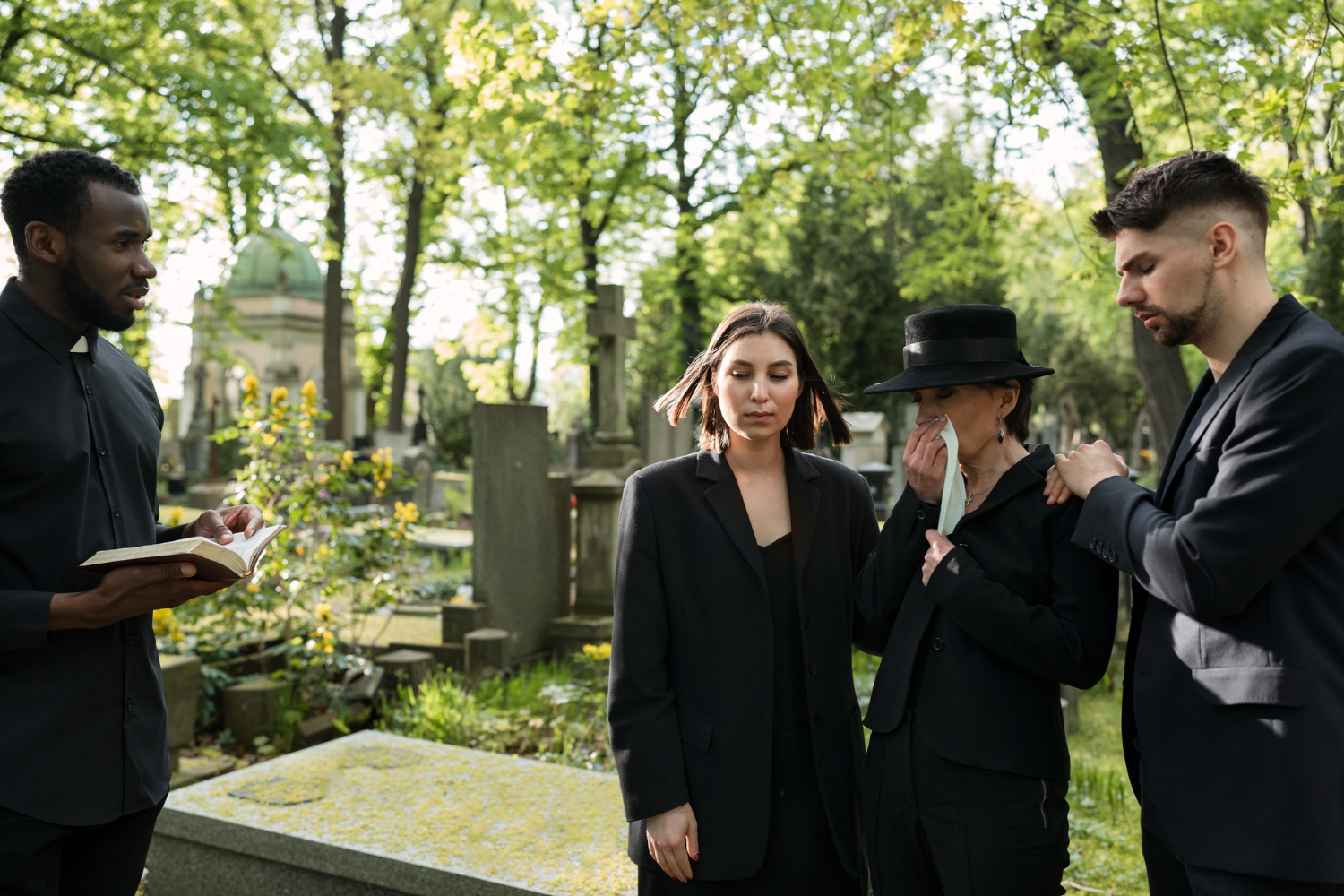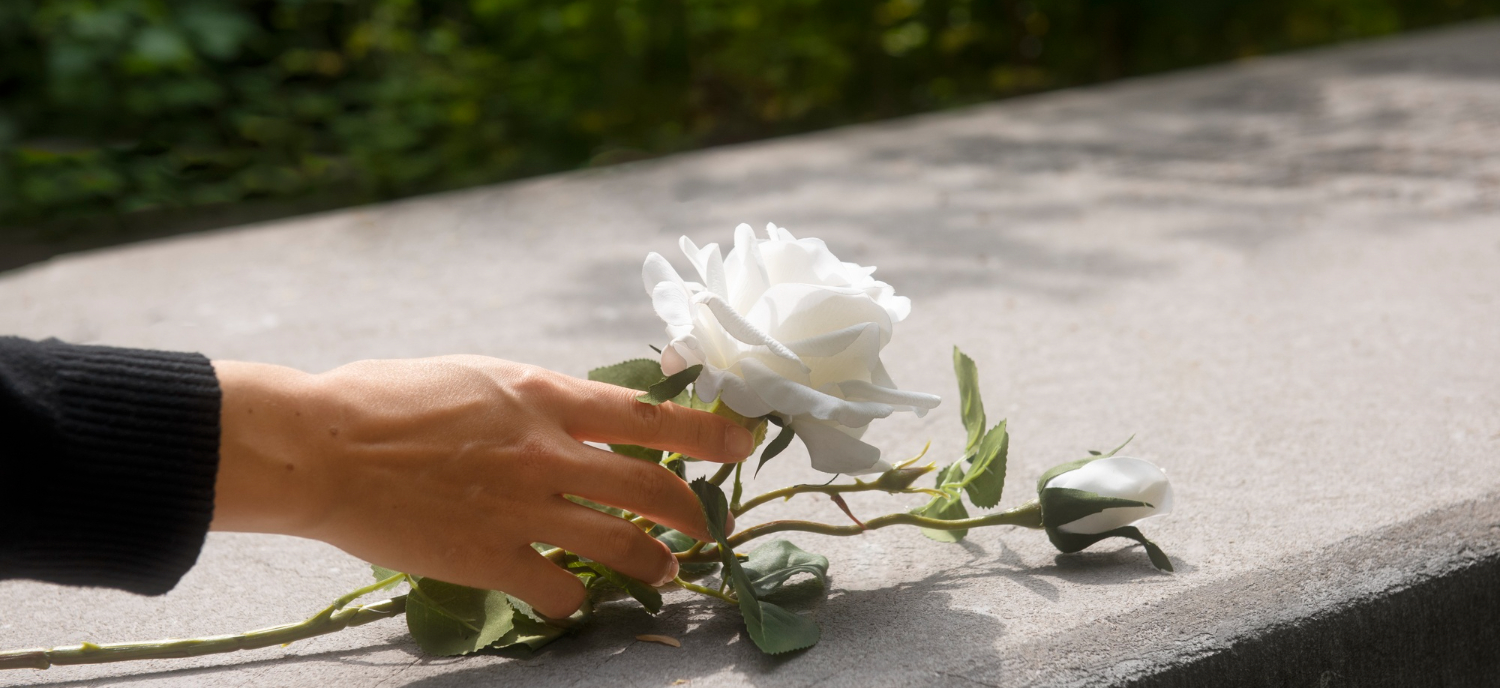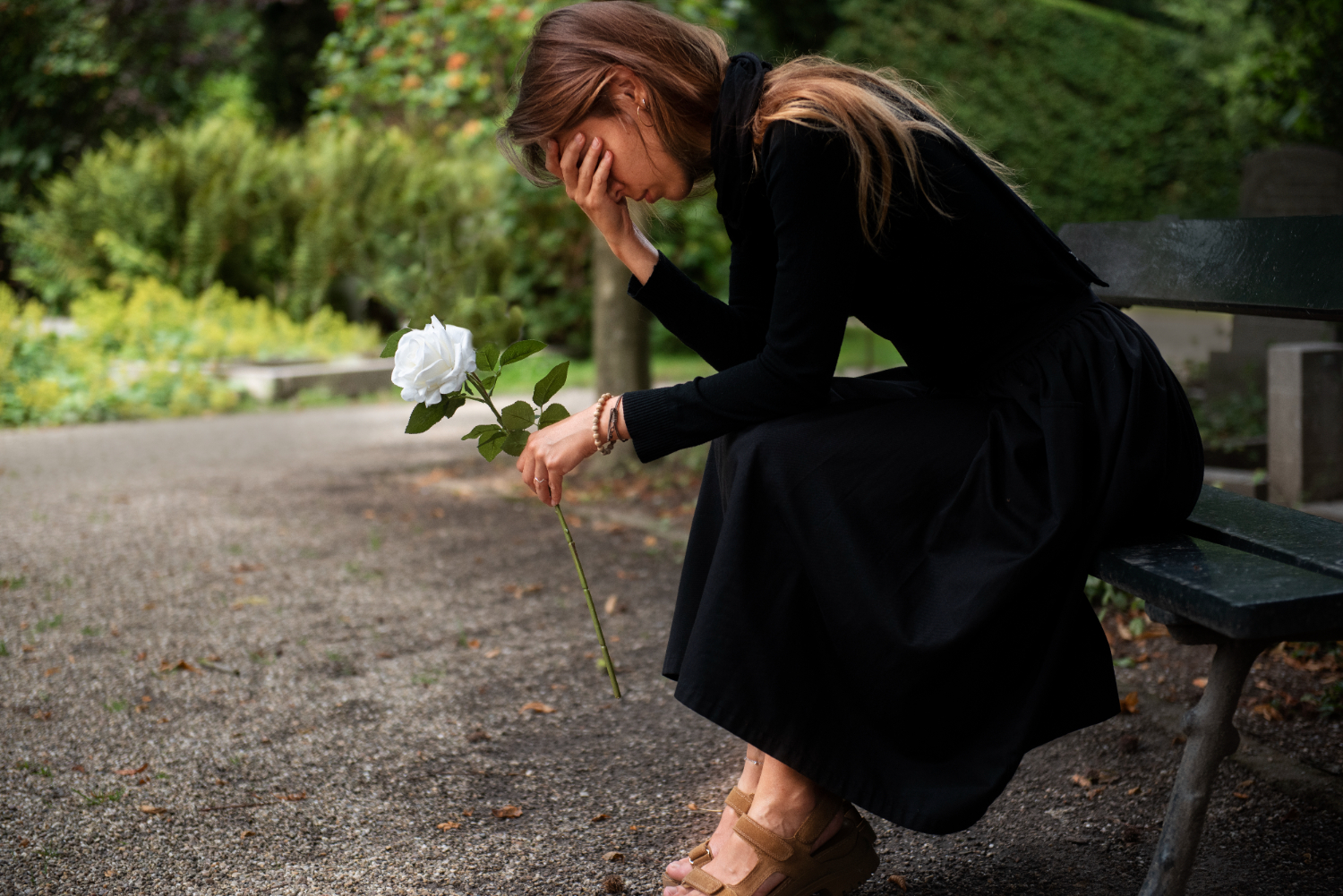The Weight of Regret—The “What Ifs” That Haunt Grief

Grief is heavy, but regret is suffocating.
It creeps in during the quiet moments, whispering all the things I should have done, could have done, if only I had known.
What if I had noticed something sooner?
What if I had done things differently?
What if I had spent more time, said more words, held them longer?
I replay moments over and over, searching for the exact second where I might have changed the outcome. As if grief could be undone by finding the right mistake.
But there is no changing the past. And still, my mind won’t let go.
Table of Contents
- The Guilt That Lingers
- Learning to Forgive Myself
- Learning Tools: Releasing Regret and Finding Self-Forgiveness
- 1. The “What Would They Say?” Reflection
- 2. The Self-Forgiveness Letter
- 3. The “Carrying Love, Not Regret” Practice
- Guided Meditation: Letting Go of Regret
The Guilt That Lingers
No matter how many times people tell me, “You did your best,” or “It wasn’t your fault,”—it doesn’t stop the guilt from settling into my bones.
Because the truth is, I was their parent. Their protector. The one who was supposed to keep them safe.
And they are gone.
It doesn’t matter if the logical part of me knows that I didn’t cause this, that I couldn’t have stopped it. The part of me that is a mother, the part of me that still aches for them, holds on to the blame.
Because if I let go of regret, what do I do with the love that has nowhere to go?
Learning to Forgive Myself
I am beginning to realize that regret is not love.
Love is not in the guilt.
Love is not in the self-blame.
Love is not in the endless cycle of what-ifs.
Love is in the way I remember them.
Love is in the way I speak their name.
Love is in the way I choose to keep going, even with the weight of grief.
Maybe I do not have to punish myself to prove that I loved them.
Maybe love was already there—in every hug, every bedtime story, every moment we shared.
And maybe, if they could speak to me now, they would not want me to carry this regret.
Maybe they would want me to forgive myself.
Learning Tools: Releasing Regret and Finding Self-Forgiveness
Regret is a normal part of grief, but it does not have to define your love.
These tools will help you shift from self-blame to self-compassion.
1. The “What Would They Say?” Reflection
Imagine your child sitting beside you, full of love.
Ask yourself:
Would they want me to suffer?
Would they blame me the way I blame myself?
What would they say if they could comfort me right now?
Let their love be stronger than your regret.
2. The Self-Forgiveness Letter
Write a letter to yourself as if you were speaking to a friend.
Acknowledge your pain, your guilt, your regrets—but also acknowledge your love.
Example:
“I know you wish things had been different. I know you would have done anything to change
this. But I also know that you loved deeply, that you gave your whole heart. And love is not measured in regret—it is measured in every moment you were there.”
Read this letter whenever the guilt feels unbearable.
3. The “Carrying Love, Not Regret” Practice
Each morning, place a hand on your heart and say:
“I release the weight of regret.”
“My love was enough.”
“I choose to carry love, not guilt.”
Let this be a daily reminder that your child’s life was not defined by your mistakes—but by your love.
Guided Meditation: Letting Go of Regret
Find a quiet place. Close your eyes. Take a deep breath. Imagine yourself standing beside a calm river. In your hands, you hold a stone—the weight of your regrets, your guilt, your what-ifs. For so long, you have carried this stone, believing it was part of your love. But now, you realize—love is not meant to be heavy.
Slowly, gently, you open your hands. You let the stone drop into the water. Watch as the ripples spread, soft and endless.
You whisper to yourself:
“I do not need regret to prove my love.”
“I release what I cannot change.”
“I choose love over guilt.”
The water carries your regrets away, leaving only love behind. Stay in this space as long as you need. Let yourself feel the lightness.
When you are ready, take a deep breath, gently open your eyes, and return to the present moment.
Your love remains. That is all that ever mattered.
Created By: Bethany Orrick
Recommended Blogs
 Blogs
Blogs The Gift of Small Moments—Finding Light in the Midst of Grief
The Gift of Small Moments—Finding Light in the Midst of Grief Grief has a way of shrinking the world.In the...
 Blogs
Blogs When the World Moves On—Feeling Left Behind in Grief
When the World Moves On—Feeling Left Behind in Grief Life has a way of moving forward, even when you feel...
 Blogs
Blogs When the Grief is Too Much—Learning to Take a Break from the Pain
When the Grief is Too Much—Learning to Take a Break from the Pain Some days, grief is everywhere.It’s in the...
 Blogs
Blogs The Ache of Milestones—When Time Moves Forward Without Them
The Ache of Milestones—When Time Moves Forward Without Them Another birthday approaches. Another milestone passes.I find myself caught between two...
 Blogs
Blogs The Holidays Without Them—When Joy and Grief Collide
The Holidays Without Them—When Joy and Grief Collide The holidays are here, and the world feels different. Everywhere I look,...
 Blogs
Blogs The Unexpected Triggers—When Grief Hides in the Smallest Moments
The Unexpected Triggers—When Grief Hides in the Smallest Moments Grief is a shape-shifter. It doesn’t always show up in the...